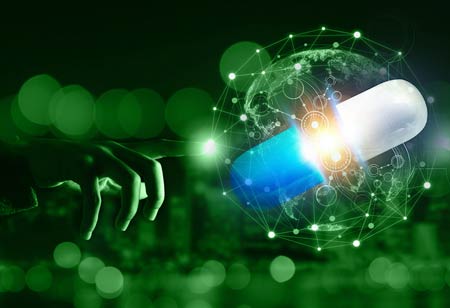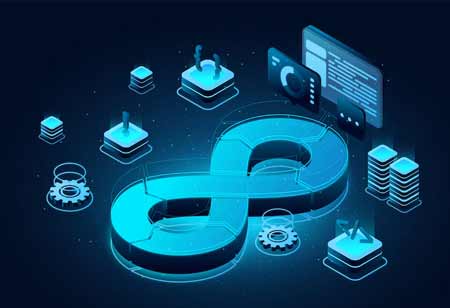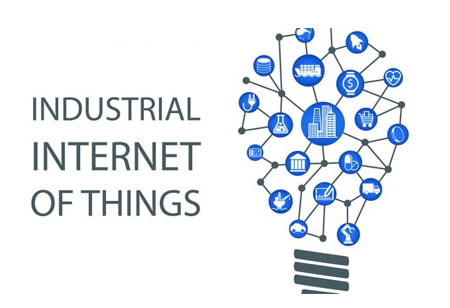THANK YOU FOR SUBSCRIBING
Healthcare is Changing for Better; Know these Trends
The traditional patients are changing. The days of "doctor knows best" are long gone; patients now have access to websites like WebMD and may attend their visits prepared to discuss potential diagnoses, symptoms, and remedies.

By
Apac CIOOutlook | Monday, December 13, 2021
Stay ahead of the industry with exclusive feature stories on the top companies, expert insights and the latest news delivered straight to your inbox. Subscribe today.
The traditional patients are changing. The days of "doctor knows best" are long gone; patients now have access to websites like WebMD and may attend their visits prepared to discuss potential diagnoses, symptoms, and remedies.
FREMONT, CA: These trends get produced each year based on discussions with its 2,500+ clients in the provider, pharmaceutical, biotechnology, medical device, healthcare IT, staffing, insurance, consulting, and financial services industries. The data scientists, who conduct sophisticated analyses on market trends and illness patterns using the premier data and analytics intelligence software platform, also contribute to the development of the trends.
- Consumerization 2.0: the Patient Joins the Care Team
The traditional patients are changing. The days of "doctor knows best" are long gone; patients now have access to websites like WebMD and may attend their visits prepared to discuss potential diagnoses, symptoms, and remedies. And today, thanks to the recent surge in at-home genetic testing, patients are better equipped to identify the problems they may be predisposed to, as well as how they might avoid condition or disease progression in the future.
- Healthcare accelerates its IT journey.
AI, telemedicine, and smart home technologies are driving the next wave of innovation in healthcare technology. Physician and nurse shortages, as well as a rapidly aging baby boomer population, are driving demand for telehealth and in-home technology, while artificial intelligence (AI) is assisting radiologists in sifting through patient images quicker than ever before.
Such technology is going to have a supporting, rather than a replacement, role in healthcare delivery. Healthcare practitioners will notice enhanced efficiency in their workflow with the adoption of AI technologies. In addition, physicians would benefit from any solutions to alleviate staffing shortages, minimize cognitive overload, and enhance processes.
- The tension between data accessibility and data security intensifies.
Healthcare wearables, smart home technology, and even at-home genetic testing generate massive amounts of data that must get analyzed, and everyone wants to get their hands on it. Patients are asking for more access to their medical information to make more informed decisions regarding their care. In addition, providers desire to combine different patient data to use it productively. Unfortunately, the growing need for this information is attracting cybercriminals.
- Physicians heed the call to become data-driven
Physicians believe that all of this data collecting will provide meaningful advantages. Physicians can make better, more informed treatment decisions and perhaps cut healthcare costs if they access more patient health information. However, 50percent of physicians believe their patient data access should be improved, with many doctors citing greater access to medication adherence, prescription pricing, and clinical history data as high needs. Physician buy-in and interest may arise as technologies advance, and physicians get exposed to new data analytics tools.





